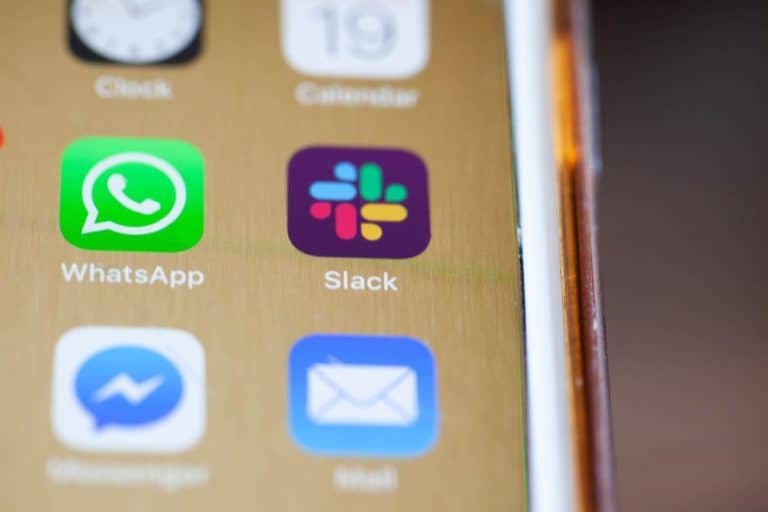Slack, creator of business communication and collaboration tools, has submitted documents to the Securities and Exchange Commission (SEC) for an IPO later this year. The company has been in existence for five years now.
In August, Slack raised another $427 million in funding during an investment round, writes TechCrunch. The company was then valued at $7.1 billion, making it one of the most valuable U.S. companies in private hands. Investors include Vision Fund, Dragoneer Investment Group and Social Capital.
In January, the company announced that it had 10 million active users. That is an increase of 2 million since August 2018. The company also has 85,000 paying customers, which is an increase of more than 50 percent in the past year. According to SensorTower data, the number of new mobile users in the fourth quarter of 2018 increased by approximately 21 percent compared to the same period a year earlier. The total number of installations on mobile devices increased by 24 million.
Direct listing
Slack is not the only tech company to go public this year. Uber and Lyft have also submitted documents for an IPO, although they are expected to be traditional IPOs. Slack is expected to go for a direct listing, which is more risky than a traditional IPO.
In the case of a traditional IPO, a bank is hired by a company to manage the sale and attract investors. Investors can buy shares at a fixed price before the company goes public. In the case of a direct listing, however, that part is skipped and a company sells its shares directly on the stock exchange, without an initial price. That’s a pretty unconventional way to get an IPO.
The advantage, however, is that no amounts have to be paid to the bank. But it is also more risky, because all logistic processes have to be completed by the company itself. It is also directly exposed to the volatile stock market. Spotify Technology is currently the only large tech company that chose this option in an IPO.
This news article was automatically translated from Dutch to give Techzine.eu a head start. All news articles after September 1, 2019 are written in native English and NOT translated. All our background stories are written in native English as well. For more information read our launch article.